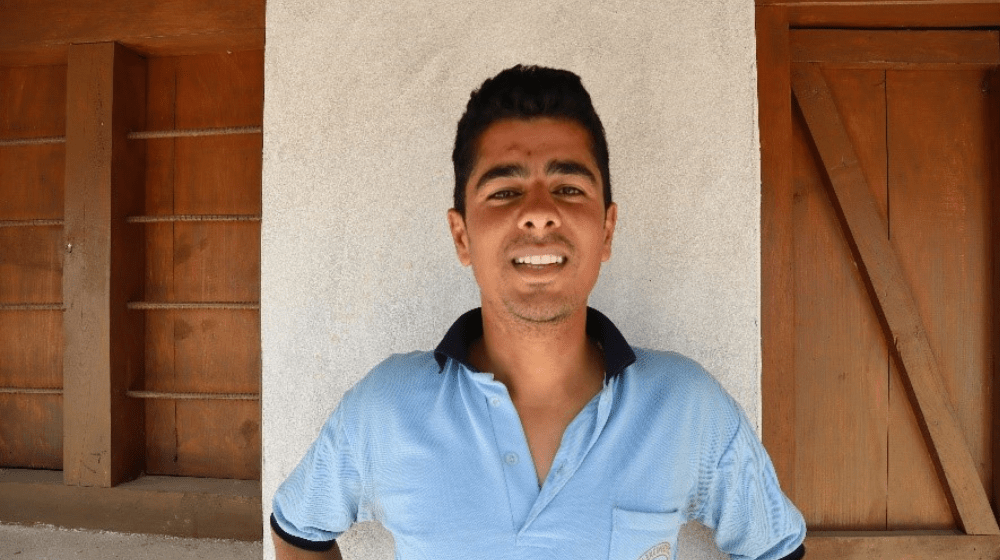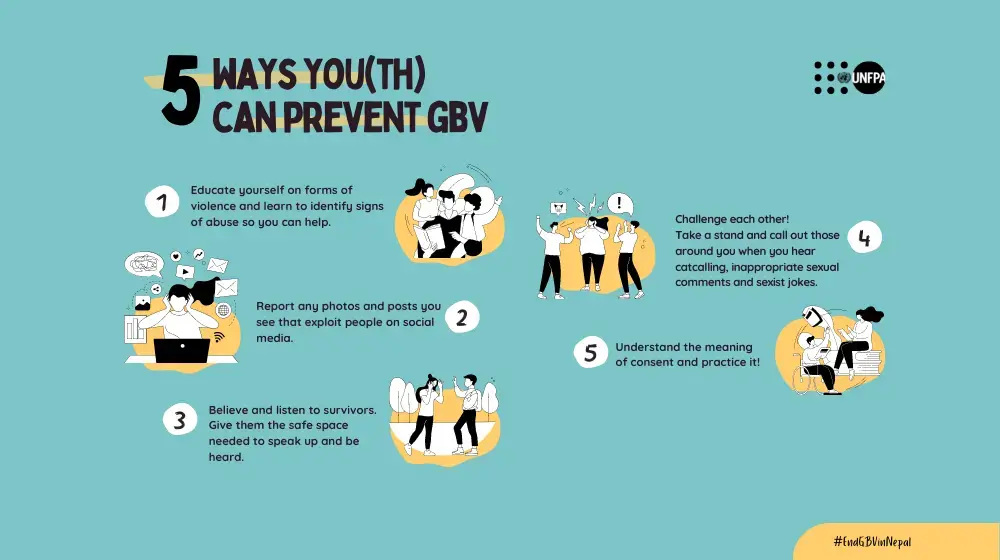“My father and I have always been responsible to bring in the family income and make key decisions, but it never crossed my mind that my wife and my mother could also contribute. They have mostly been engaged in household chores and family agriculture. It never occurred to me that they may also like to be a part of our home affairs and engage in income generation activities. I don’t think I have ever even asked them!...may be somewhere within I thought they can’t contribute as women of the house” says Lokesh* Prasad Bhatta reminiscing about his past outlook on life, family and tradition.
From the hilly terrain of the Baitadi District in (Sudurpashchim) Province 7, Lokesh is a 24 year old who runs a small grocery store. Having taken over the family business from his father, Lokesh takes great pride in running errands, generating income for his family of four (his mother, father, wife and himself) and running the store - a store frequented by several people in the area. In Nepal, like in many other countries of the world, prevalent socio-cultural norms prescribe that men are expected to bring in the income to support their families, even if it means migrating to find jobs in order to maintain the ‘breadwinner’ status.
In 2021, Lokesh got an opportunity to be part of a Gender-based Violence Prevention and Response Project which is being implemented in his locality. He grabbed the opportunity to do something outside the comfort of running his grocery store and started attending sessions about prevention interventions on GBV. This included learning to identify and understand harmful gender norms and the prevalent issues related to Gender-based Violence (GBV), Sexual and Reproductive Health (SRH) related rights and choices, improving relationship between couples and more importantly avaiable GBV support services and referral pathways etc.
As a businessman and someone who came from an agricultural background, Lokesh didn’t know much about gender, social norms, gender equality etc but he was excited to learn and reflect on these new concepts. He had previously worked on another community project so he was ready to couple that experience with his newfound learnings. Fast forward to 2022, Lokesh now serves as a Community Volunteer for the Project. His day now involves not just running the store, but also going door to door visiting those in the neighbourhood to identify any signs of violence, facilitating couple’s discussions, supporting families etc. Lokesh is proud to be serving as a Community Volunteer. As a store owner he is already well-known in the community so that makes it easier for him to approach people in his area to reach out for help.
Beyond working with others, Lokesh noticed a transformation in himself and his family as well!
“For the first time ever, I asked my wife if she is willing to run the shop on her own and be part of our family income generation. She was indeed willing and confident to run the shop on her own. I have seen her gain so much confidence by engaging with customers who patronize the store. The shop is now run by whoever is available in the family. Every member of my family has an equal stake in this business. In addition, my father and I have started sharing the workload at home whenever we can. I am hopeful that like myself, I will be able to help others as well (in the community) to self-reflect and embrace positive norms and behaviors that eventually could prevent violence and help families do things together.”
End
*Lokesh is one of 38 community volunteers who are trained by VSO Nepal to serve as part of Phase II of UNFPA’s Gender-based Violence and Prevention Project funded by the Government of Norway and the Swiss Development Cooperation under a funding envelope of USD 11.2 million. With several partners on the ground, the Project is implemented in Provinces 1 and 7 (Sudurpashchim) in Nepal from 2020-2024.



